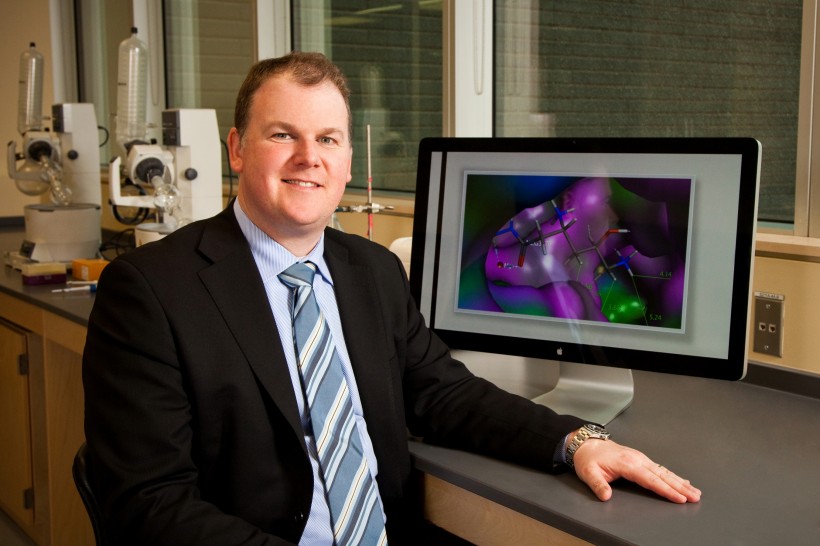Pathogens’ growing antibiotic resistance is a global concern. Halifax drug discovery firm Appili Therapeutics Inc. is developing its own solutions, and scouring the world for potential drugs with which to grow the company.
CEO Kevin Sullivan said since Appili formed last year, its strategy has been to balance risk by acquiring drug candidates at different stages of development.
“Our strategy is based on the idea that one [late stage] drug can get to market quickly. It could produce a steady income stream that would help finance another drug, which could become a blockbuster,” he said.
“We are looking at new drug products…There’s not a part of the world we haven’t looked…We like to look in Canada, because Canada is underserved. We’ve looked at Europe and Asia with some success and a few Australian technologies.
“We’re in negotiations with a few companies. Within the next 12 months, we aim to have at least one new asset in the pipeline.”
The first drug that Appili hopes to get through clinical trials is ATI-1501, which removes the nasty taste from an existing drug, Metronidazole, that treats stomach infection Clostridium difficile.
The Food and Drug Administration has granted ATI-1501 orphan drug designation, giving Appili an accelerated regulatory path and protection against competition for seven years. The company expects to get the drug to market by 2018.
FDA Grants Soricimed Orphan Drug Status
The second drug, which the first will support, is ATI-1503, which could fight deadly infections such as Klebsiella pneumoniae and other antibiotic-resistant infections.
The company’s growth strategy helped Appili attract $3.2 million in equity financing in a recent round -- $1.8 million from individuals brought together by investment firm Bloom Burton & Co. and $500,000 from Innovacorp. An additional $1 million was provided by the Atlantic Canada Opportunities Agency and NRC Irap.
Appili intends to close another funding round this fall. Sullivan said the company hopes to stay in Halifax as it grows.
Staying in Halifax would suit Sullivan, who was born and raised in the city, but worked elsewhere for 20 years, including 10 years with London-based Viron Therapeutics, which was developing a cardiovascular drug.
A chance meeting led him to return to Halifax in 2013 to take the helm at DeNovaMed, a company working on a cure for antibiotic-resistant viruses.
Sullivan did not intend to work in biotech as a youngster.
“I did my BSc in Immunology at Dalhousie University then suffered the angst you go through when deciding what to do with your undergrad degree,” he said.
He joined the navy, and became a Victoria-based diver with responsibility for harbour defence.
“I had the time of my life. Then I read The Billion Dollar Molecule, about pharmaceutical startup Vertex. The book describes the process of drug development. It shows how tough it can be.
“Six months later, I was at McGill doing a graduate program in biotechnology. The book provided the realization that you can love the science, but you don’t have to be at a bench doing science. It sent me in the business direction.” (He has an MBA from University of Western Ontario.)
Appili has many competitors, but Sullivan feels their ATI-1503 drug has an advantage.
“Most of the innovation in the antibiotic space involve modifications to existing classes of drugs. That’s a neat strategy, but bugs can evolve ways to overcome the changes made,” he said. “Our approach is a completely new class of drug that offers broad spectrum protection…”
Appili, which started with Sullivan and toxicologist Jamie Doran, now has a staff of 13, some of whom have been recruited from elsewhere.
The company this week appointed Kimberly Stephens as Chief Financial Officer. Stephens was most recently CFO of Halifax-based drug discovery company Immunovaccine.
Sullivan said staff may number 15 to 20 within a few years. He is on the look out for potential
staff with connections to Nova Scotia.
“People who moved away like me and would love to come home.”










